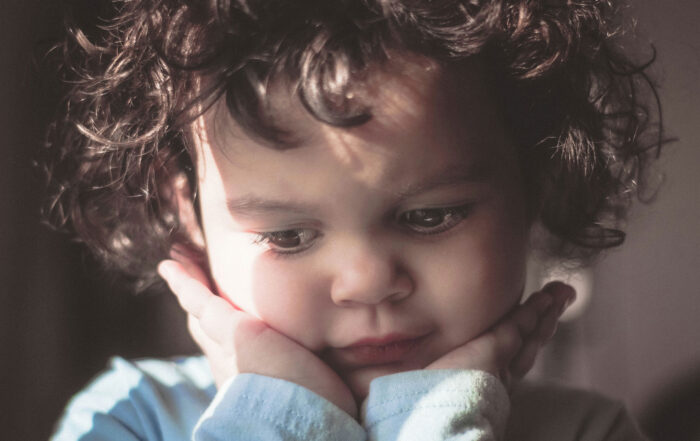
As the first day of school approaches, parents and children gather their backpacks as educators finalize lesson plans and ready their classrooms. The new school year offers a fresh start for students as well as an opportunity for academic success. However, up to 40% of students suffer from test anxiety, which contributes to lower grade point averages and decreased scores in standardized tests. Test anxiety is a multi-dimensional experience associated with cognitive (excessive worry about performance the night before or during the test; worry just after taking the test), physiological (heart racing, difficulty sleeping before the test), and behavioral components (avoidance of study). The cognitive dimension of test anxiety can be exceptionally difficult for students to cope with and reconcile. For example, despite preparing, students may believe that, while taking the test, they aren’t ready for it, and that the content is too challenging for them. Experiencing these thoughts during tests can result in diminished concentration on test material, making it more difficult for students to retrieve the information that they have studied and do well on the test.
Students can experience text anxiety for a number of reasons. Some children have difficulty learning or struggle with paying attention, which intensifies anxiety about tests. Children who seem more concerned about making mistakes, such as playing poorly in sports, or performing in front of others, may also be at risk for test anxiety.
Share This Post!
Expert Consensus Regarding Indicators of a Traumatic Reaction in Autistic Youth: A Delphi Survey
By Connor M Kerns, Diana L Robins, Paul T Shattuck, Craig J Newschaffer, & Steven J Berkowitz It has been suggested that the sequelae of trauma are under-recognized in youth on the autism spectrum. [...]
Helping Children and Adolescents Cope with Traumatic Events
By Southern California Sunrise Recovery Center Children and adolescents are exposed to a number of different traumatic events that can spark a lot of emotions and physical reactions. The effects of [...]
Trauma screening may help connect children to specific mental health services
By Penn State Each year between 200,000 and 270,000 children and youth enter foster care placements with child welfare services, and many more children receive child welfare services while remaining in [...]
The Mental Health of Minority and Marginalized Young People: An Opportunity for Action
By Vivek H. Murthy, Surgeon General Mental health is an essential part of overall health. It not only affects the ability of young people to succeed in school, at work, and [...]
How to Break the Cycle of Childhoold Trauma? Help a Baby’s Parents
By Rhitu Chatterjee, NPR Teresa Cox-Bates was only 11 years old when her father died, an event that dramatically altered her family's circumstances and shaped her childhood experiences. Studies also show that [...]
Supporting Children and Teens During the Holiday Season
Provided by The National Child Traumatic Stress Network This fact sheet provides tips that parents can use to talk to their children and teens about how they are feeling and changes to [...]







